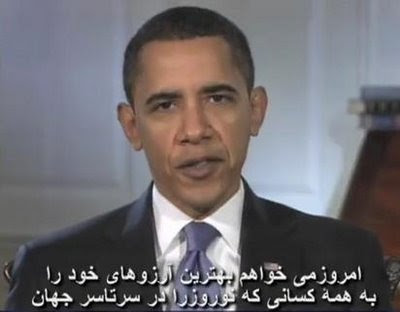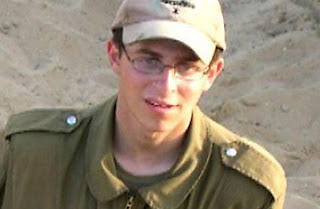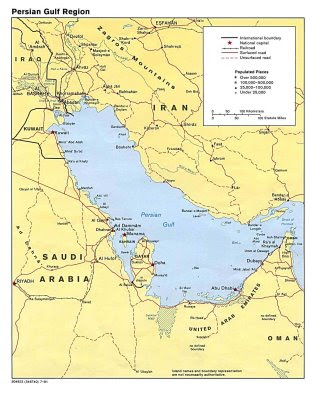 When it comes to Pakistan's role in the global war on terror, President Obama may not get it, but Senator Levin does.
When it comes to Pakistan's role in the global war on terror, President Obama may not get it, but Senator Levin does.
Pardon me for calling it the "war on terror" and not the administration's politically correct term of "overseas contingency operation." I suppose the war on drugs is now the "domestic contingency operation."
If the senator has his way, American aid to Pakistan will be dependent on Islamabad's demonstration that it is willing and able to confront the militant Islamist groups inside the country. The two groups that the United States are most concerned about are al-Qa'idah and the Taliban. Senator Levin may be placing himself at odds with President Obama.
Obama wants to provide $1.5 billion in aid to Pakistan to help in the battle against the insurgents who are using the lawless Pakistani tribal areas along the border with Afghanistan as a safe haven and as a staging area for attacks against American, Afghan and NATO forces. The President is absolutely correct in his assessment that going after the Taliban and al-Qa'idah in Pakistan is crucial to a victory in Afghanistan. Granted, the President has never uttered the words "victory" or "win" when talking about the wars in Iraq or Afghanistan - I added that.
I was encouraged, however, when I heard the President at least say that we would "defeat" the insurgents - that's a start. As I told Mr. Obama a few weeks ago, start talking like the commander in chief of the strongest armed forces in the world and soon you might start acting like it. That might just be happening.
However, Senator Levin is right to be concerned about providing over a billion dollars to one of the most corrupt countries on the planet without some demonstration that we will get a return on the investment. There needs to be strict control and accountability of the funds, a difficult task when dealing with a fungible commodity like money. It is even more difficult in the bazaar-like atmosphere of South Asia.
The paramount concern - siphoning off of American aid that will end up in the hands of the very people it is meant to combat - is real. Specifically, it is critical that any funds provided to the Pakistan's intelligence servce, the Inter-Services Intelligence Directorate (ISI), be tightly managed. The ISI is riddled with officers who are more sympathetic to the Taliban - the ISI was instrumental in creating the Taliban - and to al-Qa'idah, than loyal to the central government in Islamabad. These guys bear watching at the minimum, and weeding out at best.
This comes at a time when the top Taliban commander in Pakistan, Bayt-allah Mehsud, declared that his organization will conduct a spectacular attack on Washington, DC. Mehsud also claimed responsibility for the recent attack on a police academy in Lahore.
We need to make sure that Pakistan in is the fight - on our side. If it takes American funds to make that happen, fine, but as Senator Levin contends, we need to see some real commitment on the part of the Pakistanis.
I rarely agree with Senator Levin's "progressive" policies, but this time, he's right on the money - figuratively and literally.


 There are a few spots to cross the Suez Canal, but the most likely is the well-established commercial ferry service at Qantarah (photo). I have crossed the canal here several times - it is a beehive of transhipping activity. These ferries are easily capable of moving heavy loads across the canal.
There are a few spots to cross the Suez Canal, but the most likely is the well-established commercial ferry service at Qantarah (photo). I have crossed the canal here several times - it is a beehive of transhipping activity. These ferries are easily capable of moving heavy loads across the canal.

 This is not the first time you have demonstrated the same naivete about Iranian and Middle East issues. Almost immediately after assuming office, you granted your first television interview to the UAE-based Arabic language network
This is not the first time you have demonstrated the same naivete about Iranian and Middle East issues. Almost immediately after assuming office, you granted your first television interview to the UAE-based Arabic language network 








.jpg)
